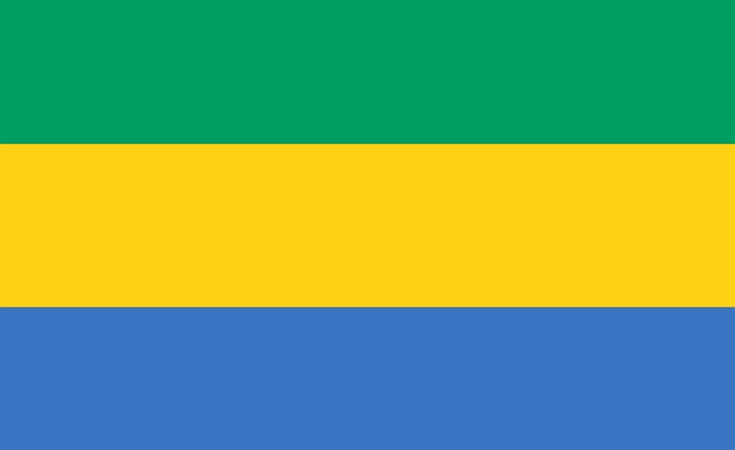Washington — Political analysts say a last-minute rule change in Gabon's August 26 national elections, which now stipulates voters must select their presidential and parliamentary candidate from the same political party, poses a governance issue -- if the ultimate winner is anyone other than a candidate of the ruling Gabonese Democratic Party, or the PDG.
The Gabonese Center for Elections announced the new rule last month, which critics immediately denounced, saying it is meant to favor the ruling PDG.
According to the rule, any vote for a local deputy would automatically be a vote for that deputy's presidential candidate.
But critics say some opposition parties have not fielded candidates for the National Assembly elections.
Annaick Moubouyi-Boyer, a political analyst in the Gabonese capital Libreville, told VOA that the change, coupled with a constitutional change reducing two rounds of presidential voting to one, raises concerns as the stakes rise ahead of Saturday's ballot.
"What's at stake is thus to know if Gabon will find itself for the first time in its history with a president elected without a majority in parliament, which could pose a problem of governance," she said.
Moubouyi-Boyer said that unlike previous elections, "everything will be played out in the first round," adding that if the results are close -- because of the support of a recently announced opposition coalition known as Alternance 2023 -- "tensions will be high."
Fourteen candidates are vying for the Gabonese presidency, including the ruling party's incumbent, Ali Bongo Ondimba.
Five candidates joined the Alternance 2023 coalition to support the candidacy of Albert Ondo Ossa, 69, a former education minister and main challenger to President Bongo.
Although Ondo Ossa is the candidate for Alternance 2023, the coalition does not have corresponding candidates for the parliamentary vote.
Bongo, who is 64 and the son of former President Omar Bongo, is seeking a third term after serving two seven-year terms.
Gabon has no presidential term limits.
Moubouyi-Boyer said like voters in many other African countries, Gabonese are waiting for change.
"The population is waiting for a change with its concerns at the center -- access to water, electricity, quality education, an efficient retirement system," she said. "These are in particular the demands of an African youth, increasingly frustrated and who no longer have anything to lose."
She said political leaders in the Central African nation must put in place policies to address the challenges or "risk exacerbating the already existing tensions."
Ondo Mengue Jean-Cyrille, a Libreville-based political analyst, told VOA that the rule change puts at a disadvantage any candidates who are not running on a political party's ticket -- like Alexandre Barro, who is part of the opposition supporting the candidacy of Ondo Ossa.
"This is the case for all those movements, political parties which have decided to support Albert Ondo Ossa -- they have decided not to have any MP at the National Assembly," Jean-Cyrille said.
"But the big question is that if Albert Ondo Ossa is elected president, how is he going to rule because he's not going to have any member of parliament at the National Assembly."
In response, Ondo Ossa has said he would dissolve the National Assembly if elected and organize separate elections for members of parliament, because he will be unable to govern with a majority of seats being held by the PDG, which has been in power for over five decades.
Mays Mouissi, a Paris-based Gabonese political analyst, says that the coalition's support for Ondo Ossa could undermine Bongo's resolve for a third term, adding that the opposition's formation is "significant."
"I think that (the coalition) will change the game in the election, because this coalition is made up of very important opposition parties that could help give power to Mr. Ondo Ossa, and he could win the election," Mouissi said.
"This is a strategy to give more push to the group of opposition parties to wrest power from Ali Bongo Ondimba and his ruling PDG party."
Mouissi also regretted the non-participation of election observers in this year's elections, saying this will be the first vote in the Central African nation where independent national and international election observers will be absent.
"International journalists have been denied accreditation to cover the elections, as have diplomats in Gabon who have been shunned from visiting voting centers," he said.
"I am very concerned about the lack of election observers in this election. This is not good and not enough."


